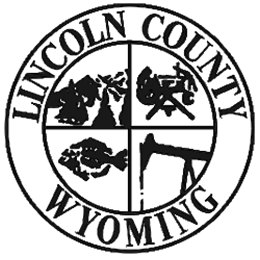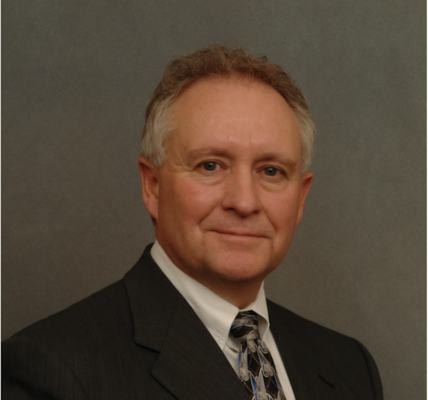The Star Valley Independent is a member of the Wyoming News Exchange. These stories come courtesy of the WNE.
By CJ Baker
Powell Tribune
Via Wyoming News Exchange
POWELL — State leaders hope a new program will encourage more medical providers and facilities to offer free care to some of Wyoming’s poorer residents.
Wyoming’s Volunteer Health Services Program was created earlier this year by the state Legislature.
The gist of the program is this: If a licensed healthcare provider or medical facility agrees to provide voluntary, free services to low-income Wyoming residents, the state government will effectively shield them from legal liability (i.e. medical malpractice suits) for that care.
Rep. Dan Laursen, R-Powell, was one of the lawmakers who championed the measure. He believes there are people who need care and can’t afford to pay and providers who are willing to treat them without charge.
“We really need to encourage those that can do it, the medical professionals and maybe our hospital,” Laursen said, adding later, “There’s people out there that want to do this stuff … They’re just afraid to be sued.”
Laursen and his colleagues in the Legislature overwhelmingly passed the volunteer health care bill, on a unanimous 30-0 vote in the Senate and a 44-15 vote in the House. All of Park County’s lawmakers supported the measure and Gov. Matt Mead signed Senate Enrolled Act 47 on March 14.
“Many healthcare providers and facility operators may be concerned with legal liability for volunteer services,” explained state Sen. Tara Nethercott, R-Cheyenne, another backer of the legislation. “Those type of concerns should not be a barrier for someone who wants to share their expertise and time by offering needed medical help.”
To participate in the new program, providers enter into a contract with the state that technically makes them state government employees or facilities, granting them sovereign immunity for the free care they provide.
“Any malpractice claim arising from uncompensated services rendered to eligible patients would be defended and paid by the state under the [Wyoming] Governmental Claims Act,” said Wyoming Department of Health Director Tom Forslund.
Any healthcare provider or facility that’s licensed or certified by the state is eligible to participate.
“Physicians, dentists, physician assistants, nurses and advance practice nurses, pharmacists, optometrists, psychiatrists, psychologists, hospitals and clinics will be critical to the success of this program,” the Department of Health says on its website. “It is through your generosity in giving time, talent and expertise that necessary services will be provided to some of our state’s most vulnerable residents.”
To be eligible for the free, volunteer services under the program, a patient must have an annual income that’s at or below 200 percent of federal poverty levels. Currently, that threshold stands at $24,280 for an individual and goes up based on additional family members — such as $50,200 level for a family of four. Patients also must lack health insurance, or have been denied coverage.
Laursen said he’s excited the program has become a reality in Wyoming. He specifically thinks retired professionals who still hold active medical licenses may be interested in providing free care.
“I think if people knew they could do that and have malpractice coverage through the Wyoming Governmental Claims Act, they may want to do it,” he said.
Wyoming’s volunteer health care legislation was patterned after a similar effort in Florida, Laursen said, and it came to the Cowboy State after being pushed for by a conservative think tank called the Foundation for Government Accountablity.
The nonprofit foundation, better known as the FGA, is based in Naples, Florida, and describes itself as “reducing dependency and promoting better lives through empowerment.”
The FGA has also lobbied against Medicaid expansion, for tougher laws to combat welfare fraud and for drug testing of and work requirements for welfare recipients.
Rep. Laursen attempted to introduce a FGA-patterned bill in the 2018 session that generally would have required able-bodied Medicaid and Supplemental Nutrition Assistance Program (SNAP) recipients to work, attend school or volunteer with a community service organization for at least 20 hours per week. It included many exemptions, such as for people younger than 19 and older than 65, pregnant women, some parents or caregivers and those medically unable to meet the requirements.
The measure, House Bill 148, failed to get the two-thirds vote needed to introduce it during the 2018 budget session, dying on a 34-24 vote. However, Laursen said he plans to reintroduce the measure during the 2019 General Session.
“I’m sure we’ll fight,” he said. “But I think it’s good for people to go to work or, if not, get education or volunteer, or do something; get out of the house.”





